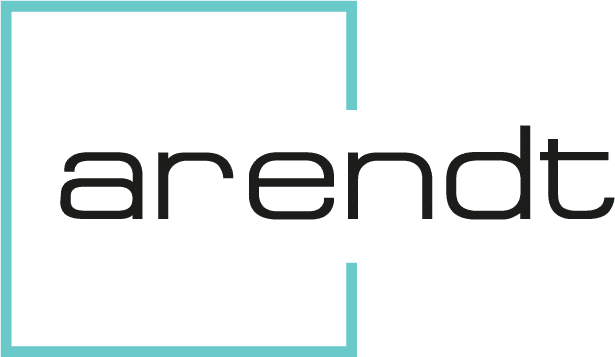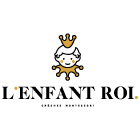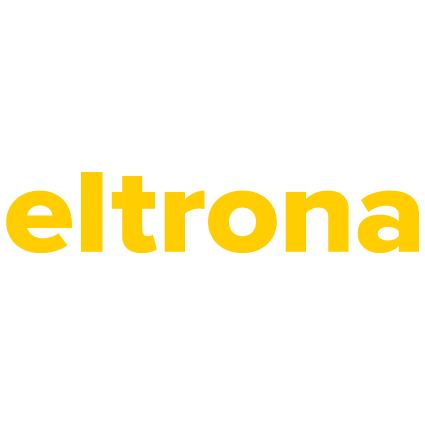In Luxembourg, legislation and the tax framework encourage the provision of benefits in kind to company employees.
Benefits in kind can take a variety of forms: company housing, company car, meal vouchers, etc. The most common forms on the Luxembourg labor market are described below.
Benefits in kind: a plus for employee loyalty
Compensation and benefits in kind
Benefits in kind are a significant addition to an employee's overall compensation package. They supplement the salary received by the employee at the end of the month. They must therefore be declared to the tax authorities as part of overall income.
In a dynamic job market, these bonuses help human resources to attract new talent. Offered when a new employee is hired, they can also be offered to existing employees to encourage them to stay with the company.
Benefits in kind as a percentage of total compensation in Luxembourg
According to the latest STATEC statistics, 26% of employees in Luxembourg receive benefits in kind. However, the weight of this type of remuneration remains marginal (less than 2%) of total remuneration.
18% have meal vouchers or a company canteen. 8% would benefit from a company car. 5% would be reimbursed for the cost of transport or would have access to job-related parking. However, given the price of parking today, this benefit in kind would be reserved for top management.
However, the monetary value of these benefits in kind represents less than 2% of total compensation.
Salary packages, legal and tax framework in Luxembourg
In Luxembourg, benefits in kind form part of the overall salary package. Employer and future employee agree on this package during the salary negotiation phase: gross fixed monthly salary + variable part paid in the form of bonuses + other benefits in kind. Reimbursements of business expenses are not considered benefits in kind.
Benefits in kind supplement the monthly salary. They must be expressly specified in the employment contract. Even if they are offered free of charge to the employee, benefits in kind must be valued at the price at which the employee could acquire them privately.
Benefits in kind are subject to the same social security contributions as wages, and are deducted from gross wages.
They must also be declared to the tax authorities by the beneficiary in the same way as the salary.
In the event of termination of the employment contract and during the notice period, the employee retains his or her salary and benefits in kind. On the other hand, if the notice period is not served, the employee cannot claim to keep certain types of benefits without the employer's agreement.
Want to know more about taxation in Luxembourg? Click here for an overview.
What are the benefits in kind in Luxembourg?
Depending on the type of industry, the benefits-in-kind offered vary widely.
Benefits in kind by business sector and profession
Some sectors are more favorable than others to benefits in kind in Luxembourg.
Thus, 44% of employees in the financial, real estate, scientific, technical and administrative sectors enjoy benefits in kind. By contrast, only 28% of employees in the service, wholesale and repair, transport and warehousing, accommodation and catering, information and communication sectors enjoy benefits in kind.
Meal vouchers and access to the company canteen are the most widespread benefits, whatever the sector of activity. The use of a company car for private purposes is also widespread. In the industrial and construction sectors, the 1st benefit is the provision of a vehicle.
On the other hand, itinerant sales staff have easier access to a company or service vehicle, because they have to visit their customers.
Benefits in kind related to employee meals
Company restaurants
Some companies offer their employees the possibility of eating in the company restaurant. In this case, the tax value applied is around 2.80 euros per meal.
Valuation of meal vouchers and luncheon vouchers
In the absence of a canteen, companies can provide their employees with meal vouchers. These are used by the employee to pay for meals in catering establishments outside the company that accept this type of payment. Meal vouchers are personal and must mention the employer. They can be used in restaurants, but also in stores to buy food.
Meal and tax benefits
Employees with meal vouchers or tickets-restaurant also contribute 2.80 euros per meal voucher. The face value can be up to 15 euros. The difference between the amount of the voucher (up to 10.80 euros to benefit from the maximum exemption) and the employee's contribution is exempt from tax and social security contributions for the employee.
Provision of a company car
The provision of a vehicle for the employee's professional and private needs is a significant benefit in kind. This provision is mainly offered to executives and sales staff.
Company car and service car
A company car is only used for business travel. It does not constitute a benefit in kind. However, the vehicle must be parked on company premises outside working hours.
On the other hand, the use of a company car for commuting purposes triggers the notion of benefit in kind.
Increasingly, companies are making these vehicles available through a leasing solution that includes vehicle financing, car insurance, vehicle maintenance, tires, etc. Some companies also cover the cost of fuel.
The conditions under which a vehicle is made available vary from company to company. This point is negotiated directly between employer and employee.
Company cars and taxation
Employees using a company car for private purposes are taxed on a monthly basis. The value retained is a percentage of the price, including VAT, of the new vehicle. This percentage is calculated according to the vehicle's CO2 emission category (between 0.8% and 1.8%), and the type of fuel consumed.
Professional parking spaces
Another vehicle-related benefit in kind is the provision of a parking space on the company premises or in the immediate vicinity of the workplace. While the cost of daily parking puts a serious strain on the monthly budget, having a free parking space is an undeniable benefit in kind.
Witness the employees of a shopping center who had to give up their free parking space at the end of 2022. It has to be said that financial investment in parking lots is quite profitable. The price of parking spaces and lock-up garages in Luxembourg is skyrocketing.
More and more, these professional parking spaces are reserved for senior executives.
It seems that over 60% of Luxembourg City residents have a professional parking lot, compared with 55% of non-residents.
Provision of accommodation by the company
The provision of housing by the company is an asset in attracting new expatriate employees.
Only the provision of accommodation for which the lease contract is in the employer's name or which belongs to the employer is considered a benefit in kind. This benefit in kind linked to company housing will be valued on a lump-sum basis based on the rental or unit value provided by the Tax Authorities.
The payment of a housing allowance as a sum of money to the employee to finance all or part of his/her housing costs is not considered a benefit in kind.
When the employer covers all or part of the rental costs for electricity, gas or telecommunications, these costs are added to the total amount of the benefit in kind.
Preferential-rate loans and interest subsidies
Luxembourg banking establishments traditionally offer their employees benefits in kind linked to their activity. For example, employees can borrow at preferential rates or benefit from interest subsidies.
In the 1st case, the employee benefits from property or personal loans at reduced rates, or even interest-free. These benefits are then assessed on a flat-rate basis in the tax return, according to a rate set by law.
In the case of interest subsidies, the employer reimburses the interest on loans taken out on behalf of the employee. Under certain conditions, this benefit in kind is exempt from tax and social security charges.
Supplementary pension plans
Some companies offer their employees supplementary pension plans for their retirement. This second pillar is in addition to the other two pillars of pension contributions.
Under Luxembourg law, companies enjoy considerable flexibility in this area. These supplementary pension plans may benefit all company employees or only a certain category. They cover various themes: retirement, death, disability, etc. Acquired rights are guaranteed up to the employee's retirement age. This applies even in the event of dismissal for serious misconduct.
Employee contributions to these pension plans are tax-deductible up to a maximum of 1,200 euros per year. On leaving the plan, tax exemption applies to benefits paid to Luxembourg residents.
Payment of school fees for employees' children
Some companies, particularly in the case of expatriation packages, pay all or part of the school fees for the employee's children.
The European School I and II, for example, has special agreements with the European Community on behalf of its civil servants, or with certain large local companies.
This may also be the case for other international schools in Luxembourg.
The benefit in kind granted is calculated on the amount of out-of-pocket expenses incurred by the employer.
Company profit-sharing and incentive plans
Profit-sharing plans give employees a direct stake in the company's performance. They build long-term employee loyalty through the allocation of company shares or stock options.
Acquired shares are taxed in the employee's hands when they are transferred. The valuation used is the market value, less any price paid for the shares. A discount is applied to this market price if a blocking period was provided for in the profit-sharing plan.
Find out more about remuneration in Luxembourg by sector of activity and minimum wage levels.
Silver partner











